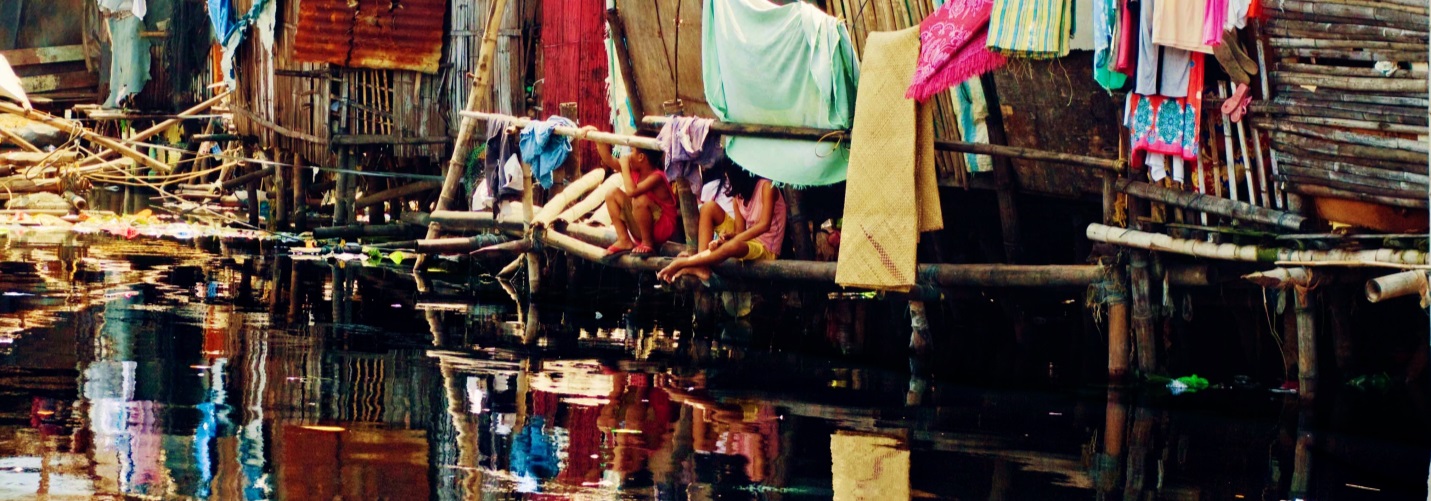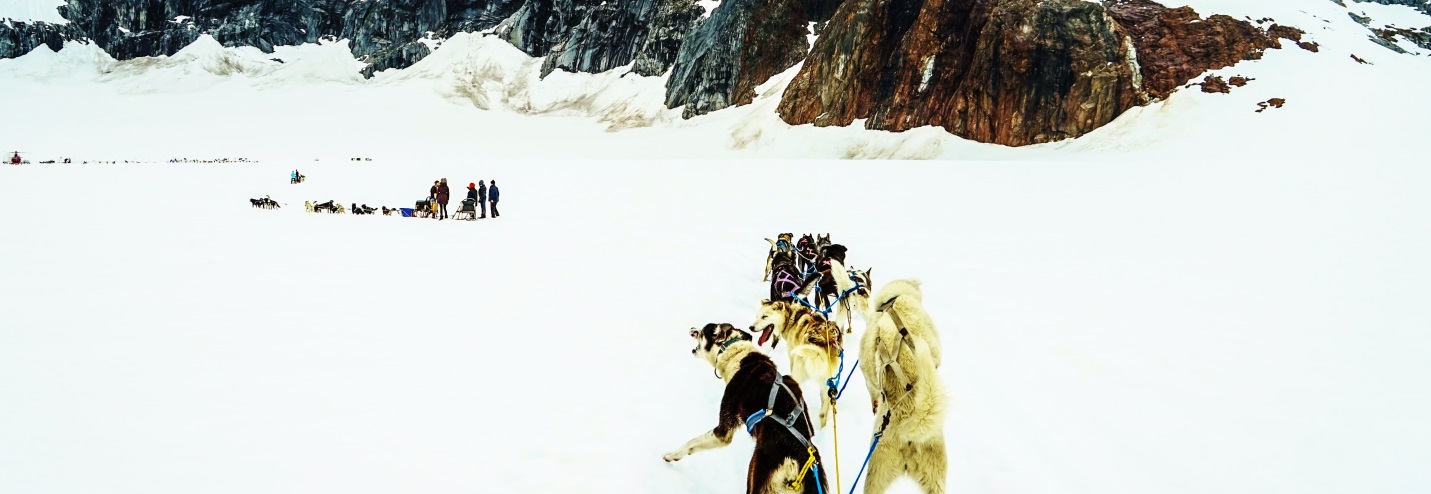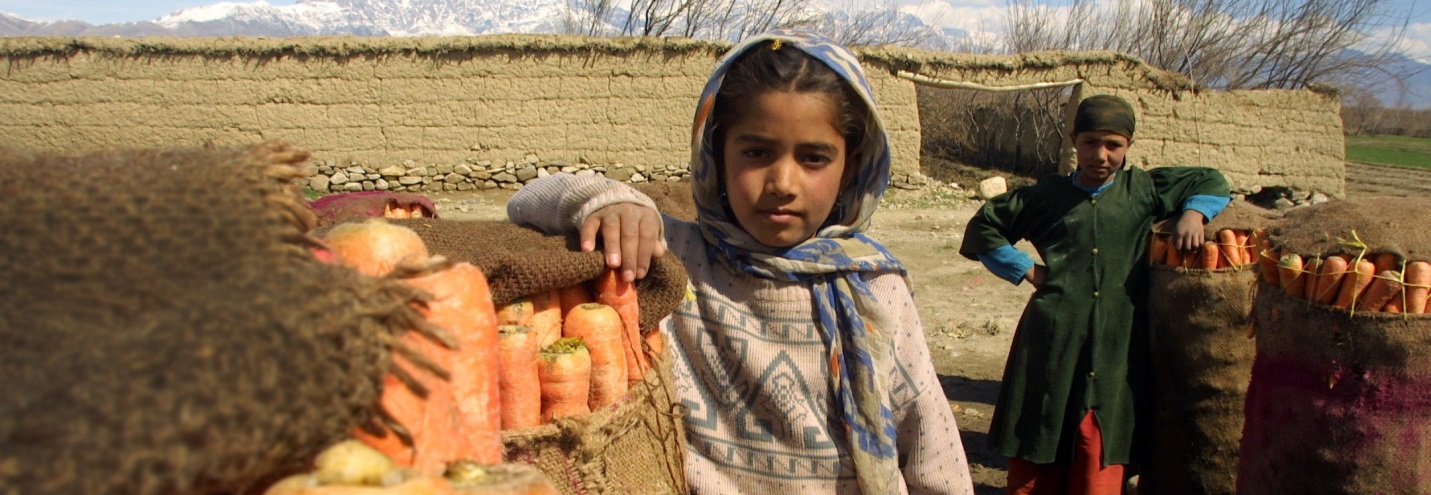Reposted from the Worldwatch Institute's blog with permission.
What questions are being overlooked or underappreciated when we talk about the world of tomorrow? This is the last of three exclusive sneak peeks into our newest State of the World publication, which launched at a symposium in DC on Monday now archived on YouTube.
Population displacements due to climate change and other adverse environmental developments could undermine the social fabric of affected societies as well as trigger growing competition over resources, jobs, and social services in receiving areas. The speed, direction, and extent of such population movements remain largely the stuff of conjecture today, but they could have deeply destabilizing economic and political consequences in the future.
Timely adaptation measures—including support for migrants as well as for those who lack the resources to move—can help individuals and societies at large cope with the repercussions of a changing climate.
The Arctic is a showcase for the effects of climate change, especially with the alarming decline in the extent of summer sea ice and its amplifying effects on warming. The region is an area of contention as well, as the expansion of open water entices Arctic nations with the prospect of easier access to oil and other resources. But nearly unnoticed is the struggle of Arctic peoples to ensure that the fate of the region they call home is largely in their hands, not in those of southerners seeking to impose their own political agendas.
Complete environmental impacts are not always readily visible—they are camouflaged and multiplied by discontinuities, synergisms, feedback loops, and cascades. And the manner in which environmental impacts translate into the social and economic spheres further produces unexpected consequences.
But for every hidden threat, there also exists a hidden solution—which rarely appears in the mainstream media. We have the opportunity to expose these threats and to commit to an ethic of stewardship, robust citizenship, and a systems approach to addressing the challenges that we face.
 Will we be ready to respond to migrating communities as our environment changes?
Will we be ready to respond to migrating communities as our environment changes?
Population displacements due to climate change and other adverse environmental developments could undermine the social fabric of affected societies as well as trigger growing competition over resources, jobs, and social services in receiving areas. The speed, direction, and extent of such population movements remain largely the stuff of conjecture today, but they could have deeply destabilizing economic and political consequences in the future.
Timely adaptation measures—including support for migrants as well as for those who lack the resources to move—can help individuals and societies at large cope with the repercussions of a changing climate.
“Whether climate-induced migration will be an adaptation failure or success depends not only on climate impacts, but—most importantly—on the policy choices that are made today.” —François Gemenne in "Migration as a Climate Adaptation Strategy" (Chapter 9)
 Indigenous peoples and other northerners have the greatest stake in protecting the Arctic—but are their voices being heard?
Indigenous peoples and other northerners have the greatest stake in protecting the Arctic—but are their voices being heard?
The Arctic is a showcase for the effects of climate change, especially with the alarming decline in the extent of summer sea ice and its amplifying effects on warming. The region is an area of contention as well, as the expansion of open water entices Arctic nations with the prospect of easier access to oil and other resources. But nearly unnoticed is the struggle of Arctic peoples to ensure that the fate of the region they call home is largely in their hands, not in those of southerners seeking to impose their own political agendas.
“Our preoccupation with economic growth often has impeded action on issues that really will improve human well-being and the prospects for all life on Earth. This is the trouble with growth.” —Heather Exner-Pirot in "Whose Arctic Is It?" (Chapter 7)
 What now?
What now?
Complete environmental impacts are not always readily visible—they are camouflaged and multiplied by discontinuities, synergisms, feedback loops, and cascades. And the manner in which environmental impacts translate into the social and economic spheres further produces unexpected consequences.
But for every hidden threat, there also exists a hidden solution—which rarely appears in the mainstream media. We have the opportunity to expose these threats and to commit to an ethic of stewardship, robust citizenship, and a systems approach to addressing the challenges that we face.
“These outcomes can be mitigated and softened, but only if citizens and policy makers are aware of the process and prepared to make adjustments ahead of the crisis point.” —Tom Prugh in "Childhood’s End" (Chapter 10)


